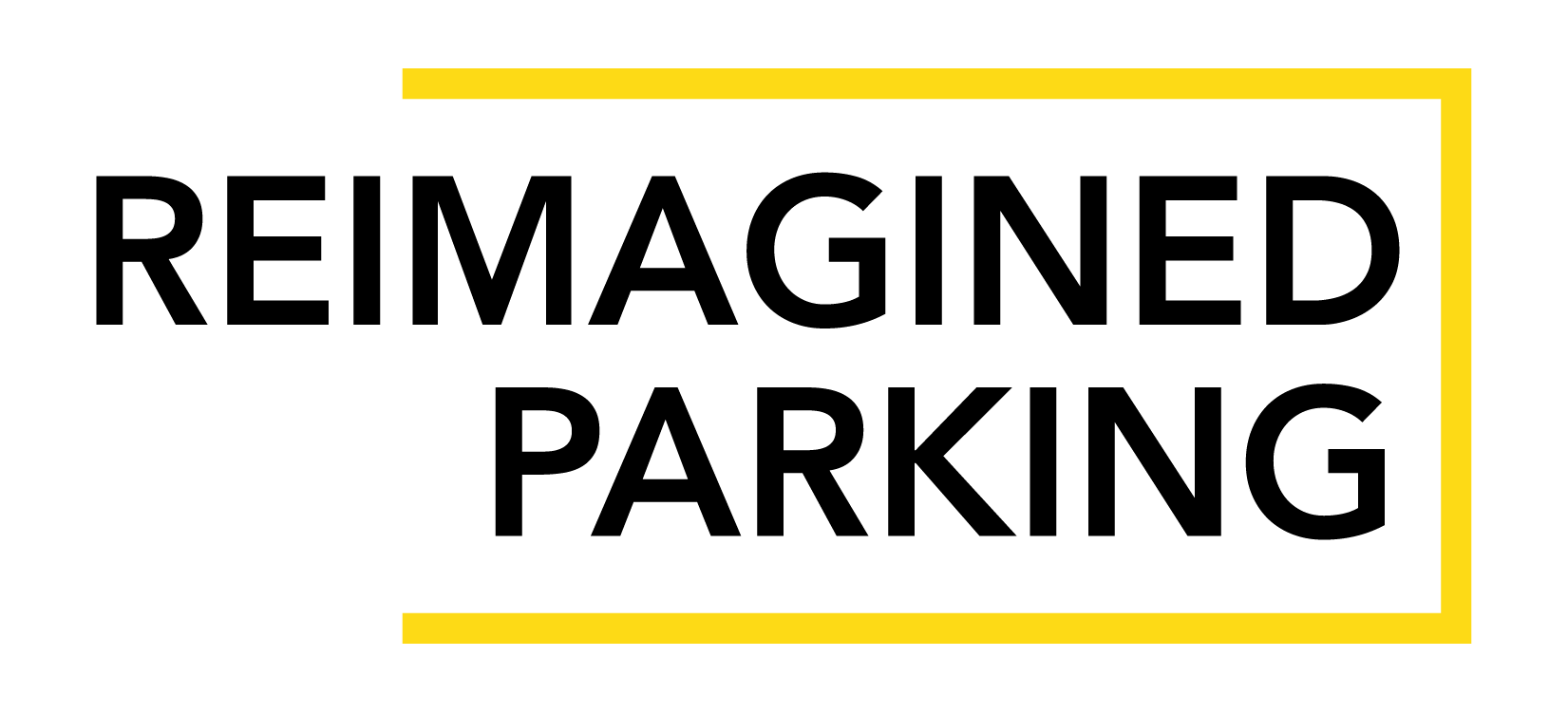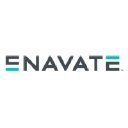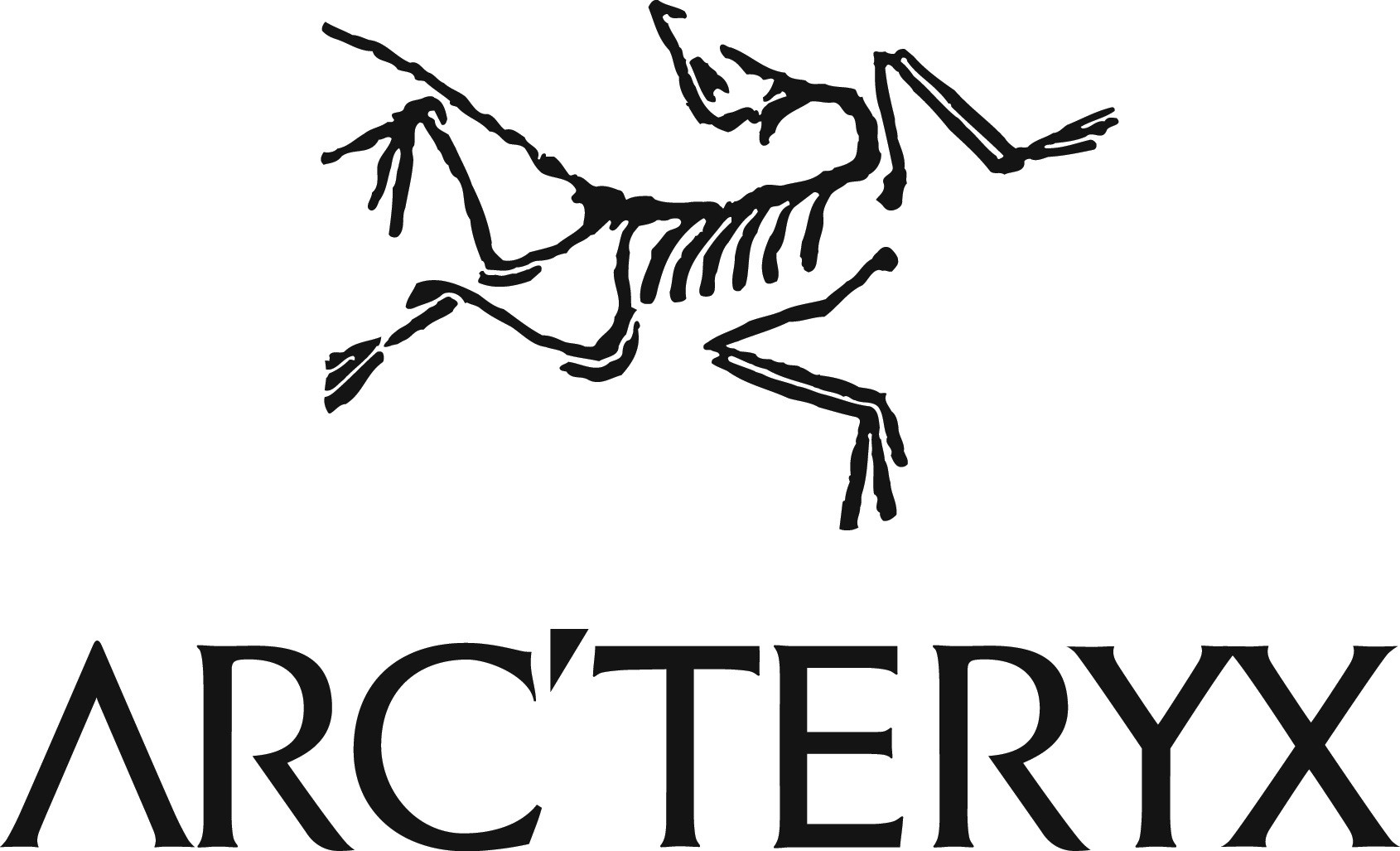Huawei Canada has an immediate permanent opening for a Software Insight Coach.
About the team:
The Software Engineering Coach Lab focuses on capability improvements.
Undertaking Huawei's trusted change strategy, this lab is responsible for
achieving the overall goal of trusted change, and systematically carries out
public capacity building and change enablement and management such as
trustworthy interpretation, change framework design and guidance, process IT and
management systems.
About the job:
-
Responsible for driving technical foresight by leading insight initiatives on
emerging computing architectures that overcome the von Neumann
bottleneck—including deep exploration of next-generation memory subsystems,
advanced packaging technologies, and high-performance interconnect solutions.
-
Responsible for evaluating and shaping technology strategy through rigorous
analysis of the potential value, breakthrough opportunities, and technical
challenges of future computing and hardware innovations, and for producing
in-depth assessment reports and strategic policy analyses to inform executive
decision-making.
-
Responsible for continuously monitoring global technological trends by
actively tracking and assessing the latest advancements via international
conferences, academic publications, and industry exhibitions.
-
Responsible for facilitating collaboration and knowledge exchange by
organizing technical workshops and forums, and by maintaining ongoing
dialogue with leading academic institutions and industry partners.
The base salary for this position ranges from $190,000 to $350,000 depending on
education, experience and demonstrated expertise.
About the ideal candidate:
-
PhD or equivalent R&D experience in Computer Science or related fields, with
a focus on Artificial Intelligence (AI).
-
A proven publication record in top-tier conferences is an asset.
-
Demonstrated long-term involvement in academic volunteering activities.
-
Deep understanding and research experience in operating systems. Extensive
publications in OSDI, ASPLOS, SOSP, etc. is an asset.
-
Strong networking and collaboration capabilities with a broad professional
network in relevant research communities.
-
Current or past academic appointments (e.g., professor, associate professor)
are an asset.
-
Active roles in research associations (e.g., board member, executive),
editorial boards (e.g., executive editor), or conference organizations (e.g.,
program chair, area chair).







